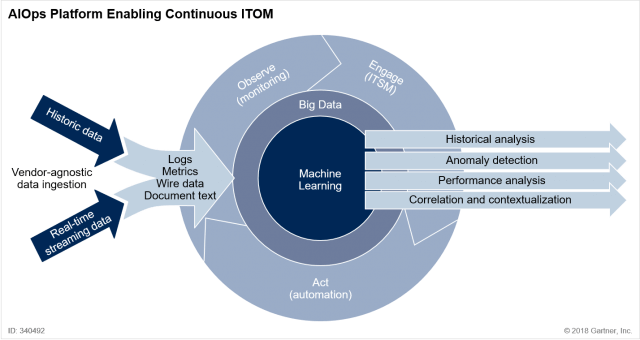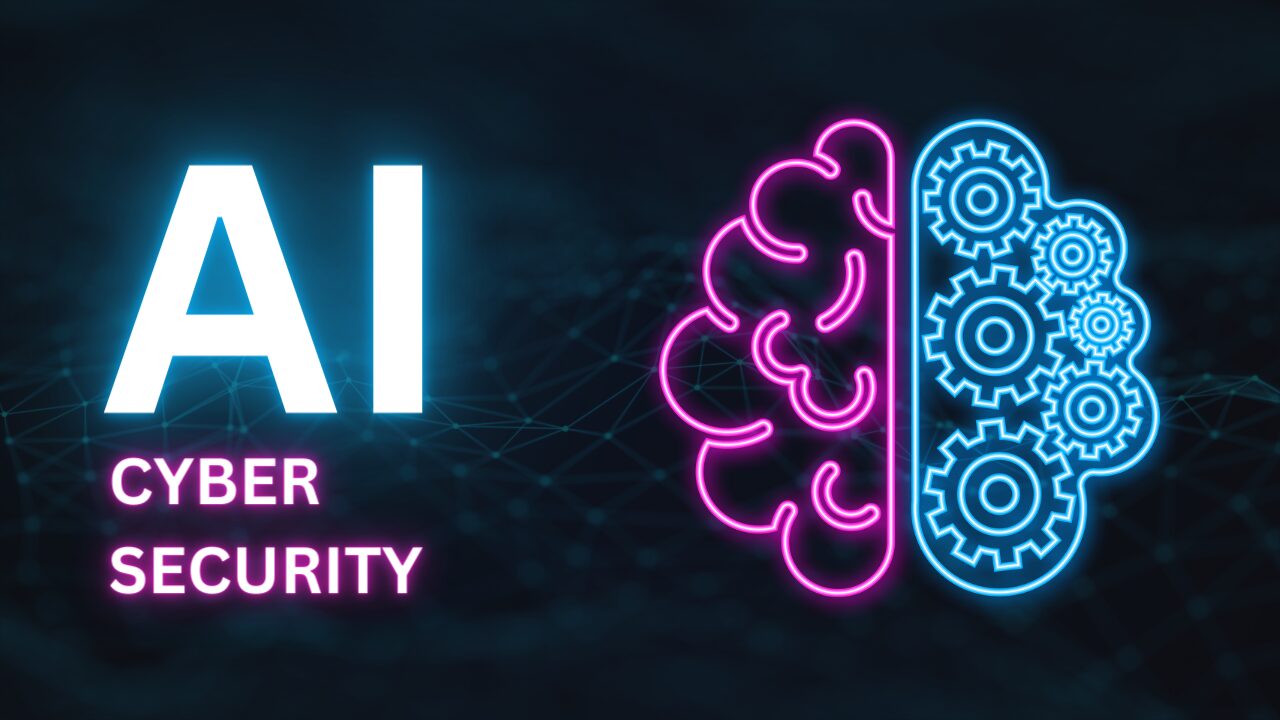The traditional contact center model relies heavily on human agents to handle every call, a system that is increasingly becoming unsustainable. Enter the transformative world of contact center AI software—a technology that promises to automate routine tasks, provide real-time insights, and empower agents to deliver exceptional customer experiences. As we step into 2024, the need for organizations to adapt to these advancements has never been more critical.
Toc
Transforming Your Contact Center with AI-Powered Solutions

In the fast-paced, customer-centric landscape of 2024, contact center managers are facing a perfect storm of rising customer expectations, increasing call volumes, and the need for operational efficiency. AI-powered contact center software offers a compelling solution to these challenges, redefining the future of customer support.
Boosting Agent Productivity and Efficiency
One of the primary advantages of AI in contact centers is its ability to automate repetitive tasks, freeing up agents to focus on more complex and value-driven interactions. By leveraging natural language processing (NLP) and machine learning algorithms, AI-powered chatbots and virtual agents can efficiently handle routine inquiries, such as order status updates, product information, and billing questions.
This significantly reduces the workload on human agents, ensuring consistent and accurate responses that enhance the overall customer experience. Moreover, AI-driven tools can provide real-time guidance and suggestions to agents, equipping them with the right information to address customer needs promptly. By seamlessly integrating human expertise with AI-powered assistance, contact centers can achieve shorter handling times, improved first-call resolution rates, and ultimately, more satisfied customers.
For instance, intelligent routing algorithms analyze customer information and route calls to the best-suited agent based on their expertise and availability. This ensures that customers are connected with the right agent from the start, reducing the need for transfers and improving first-call resolution rates. A leading telecommunications company implemented AI call center software that automated 30% of incoming inquiries. This allowed their agents to focus on more complex issues, resulting in a 20% increase in customer satisfaction scores. Such examples illustrate the tangible benefits of integrating AI into contact center operations.
Improving Customer Experience and Satisfaction
In the age of ever-increasing customer expectations, AI-powered contact center software plays a pivotal role in delivering a personalized and engaging customer experience. By analyzing customer data and behavioral patterns, these intelligent systems can anticipate customer needs, provide tailored recommendations, and offer proactive support, resulting in higher satisfaction levels.
Conversational AI empowers customers to engage in natural dialogues, seamlessly transitioning between voice, text, and digital channels. This enhanced level of interaction not only saves customers time and effort but also fosters a stronger sense of connection, ultimately leading to increased brand loyalty. The rise of conversational AI and voice assistants like Amazon Alexa and Google Assistant is transforming how customers interact with businesses, allowing them to engage with contact centers using voice commands for added convenience.
AI-powered contact center software can analyze customer purchase history, browsing behavior, and preferences to provide tailored recommendations for products or services. For example, a customer who recently purchased a new smartphone might receive recommendations for relevant accessories or helpful tutorials. This proactive approach enhances customer satisfaction by offering relevant and personalized solutions.
A recent survey conducted in 2023 found that 75% of consumers prefer interacting with AI chatbots for quick responses. This statistic highlights the growing acceptance of AI in customer service, as customers appreciate the speed and efficiency these tools provide. As businesses adopt AI call center software, they can create a more engaging and responsive customer experience, aligning with the expectations of modern consumers.
Gaining Actionable Insights and Data-Driven Decisions
The treasure trove of data generated within contact centers is a goldmine for AI-powered analytics. By capturing and analyzing customer interactions across multiple touchpoints, these intelligent systems can uncover valuable insights into customer sentiment, pain points, and emerging trends.
Armed with these data-driven insights, contact center managers can make informed decisions to optimize call flows, enhance agent training programs, and identify areas for process improvements. This data-driven approach empowers organizations to stay ahead of the curve, anticipate customer needs, and make strategic adjustments to maintain a competitive edge.
For example, an e-commerce giant utilized AI analytics to identify a significant drop in customer satisfaction during specific times of the day. By reallocating resources and adjusting staffing levels based on these insights, they improved their service levels and reduced customer complaints by 15%. Additionally, by analyzing historical data on call volume, agent availability, and customer behavior, contact centers can use predictive analytics to anticipate peak periods and adjust staffing levels accordingly. This proactive approach ensures that sufficient resources are available to handle customer inquiries effectively, reducing wait times and improving customer satisfaction.
AI-powered sentiment analysis tools can analyze customer interactions, including voice calls, emails, and chat transcripts, to identify and understand customer emotions. This real-time analysis provides valuable insights into customer satisfaction levels, enabling contact center managers to address issues proactively and improve the overall customer experience.
Key Features of Contact Center AI Software

As contact center managers explore the vast array of AI-powered solutions in the market, it’s crucial to identify the features that align with their specific business goals and operational needs. Here are some of the essential functionalities to look for in comprehensive contact center AI software:
Natural Language Processing (NLP) and Speech Analytics
The ability to understand and interpret natural language is a fundamental capability of AI-driven contact center software. NLP and speech analytics enable these systems to analyze customer interactions, comprehend their intent, and detect sentiment and emotions. This advanced functionality allows for seamless call routing, personalized agent coaching, and the identification of potential areas of concern.
For instance, by utilizing NLP, contact centers can categorize calls based on sentiment, directing frustrated customers to specialized agents trained to handle sensitive issues. This not only improves resolution times but also enhances the overall customer experience.
AI-Powered Chatbots and Virtual Agents
Intelligent chatbots and virtual agents are the backbone of AI-powered self-service capabilities. These AI-driven tools can handle a wide range of customer inquiries, from simple product information to complex problem-solving, thereby reducing the burden on human agents. By providing round-the-clock availability and delivering consistent, accurate responses, chatbots and virtual agents enhance the overall customer experience.
Many organizations are now implementing AI call center software that includes multi-channel support, allowing customers to interact through their preferred platforms, whether it be social media, messaging apps, or traditional phone calls. This flexibility not only improves accessibility but also meets the diverse needs of modern consumers.
Predictive Analytics and Customer Journey Mapping
AI-powered contact center software can leverage predictive analytics to anticipate customer behavior, identify potential churn risks, and optimize the customer journey. By analyzing historical data and identifying patterns, these systems can proactively address customer needs, personalize offerings, and improve the overall customer experience.
For example, if a customer frequently contacts support for a particular issue, predictive analytics can flag this behavior, prompting agents to reach out proactively to resolve the issue before it escalates. This level of foresight can significantly enhance customer loyalty and retention.
Automated Quality Management and Agent Coaching
AI-driven quality assurance and agent coaching tools can significantly enhance agent performance and customer service consistency. These solutions automatically monitor and evaluate customer interactions, providing real-time feedback to agents and identifying areas for improvement. This data-driven approach enables managers to deliver targeted training and development programs, ensuring agents are equipped to handle customer interactions effectively.
By using AI to analyze call recordings and chat transcripts, contact centers can identify best practices and share them across teams, fostering a culture of continuous improvement. This not only boosts agent confidence but also leads to a more knowledgeable and capable workforce.
Seamless Integration and Data Security
The success of contact center AI software hinges on its ability to integrate seamlessly with existing systems, such as CRM, ticketing, and other customer data repositories. This level of integration ensures that AI-powered tools can access and leverage valuable customer information, delivering more personalized and contextual responses.
Furthermore, as organizations handle sensitive customer data, it is crucial to prioritize data security and compliance when selecting an AI software provider. Robust security measures, data encryption, and adherence to industry regulations should be non-negotiable requirements. Ensuring that your AI solution complies with GDPR, HIPAA, or other relevant regulations not only protects your organization but also builds trust with your customers.
Implementing Contact Center AI: Best Practices for Success

Adopting AI-powered solutions in contact centers requires a strategic and well-planned approach to ensure a smooth transition and maximize the impact of these transformative technologies. Here are some best practices to consider:
Start Small and Scale Up
Begin with a targeted pilot program to test the effectiveness of AI in specific areas, such as automated chatbots or agent coaching. This phased approach allows you to evaluate the impact, gather feedback, and make necessary adjustments before scaling the implementation across your entire contact center operations.
For example, a financial services company started with a chatbot for handling basic inquiries and gradually expanded its capabilities based on user feedback and performance metrics. This iterative process helped them identify pain points and refine their AI strategy before full-scale implementation.
Embrace a Human-in-the-Loop Approach
While AI can handle a significant portion of the work, it is essential to maintain a collaborative approach, combining human expertise with AI capabilities. Empower your agents to work seamlessly with AI tools, leveraging the strengths of both to deliver exceptional customer experiences.
Encouraging a culture where agents view AI as a partner rather than a replacement can lead to higher job satisfaction and better performance. Providing training that emphasizes how AI can enhance their capabilities will foster a positive mindset towards technology.
Invest in Continuous Improvement
Regularly monitor the performance of your AI-powered contact center software, gather feedback from agents and customers, and make iterative improvements to your strategies and processes. This commitment to continuous enhancement will ensure that your AI solutions remain effective, adaptable, and aligned with evolving customer needs.
Using feedback loops from both customers and agents can help identify areas for enhancement and keep your AI tools relevant and effective. Implementing regular training sessions to update agents on new features or changes in AI capabilities will also promote ongoing learning and adaptability.
Prioritize Data Security and Compliance
As you integrate AI into your contact center, prioritize data security and compliance with relevant industry regulations. Ensure that your AI software provider offers robust data protection measures, encryption, and secure data handling practices to maintain customer trust and safeguard sensitive information.
Establishing a clear data governance policy that outlines how customer information is collected, stored, and processed will not only enhance security but also improve customer confidence in your organization. Regular audits and assessments of your data practices can help identify vulnerabilities and ensure compliance with regulations.
By embracing these best practices, contact center managers can navigate the transformative journey of AI adoption and unlock the full potential of these intelligent technologies to drive operational efficiency, enhance customer experiences, and ultimately, achieve long-term business success.
The Future of Contact Center AI

Looking ahead, the future of contact center AI software is promising, with innovations on the horizon that will further enhance customer interactions. As technology continues to evolve, we can expect advancements in areas such as deeper integration of AI with augmented reality (AR) and virtual reality (VR) for immersive customer experiences, as well as the continued refinement of machine learning algorithms for even more personalized service.
Organizations that proactively embrace these advancements will be well-positioned to lead in customer service excellence, adapting to the ever-changing landscape of consumer expectations and technological capabilities. With the use of chatbots, voice assistants, and other AI-driven tools becoming increasingly mainstream, companies that invest in these technologies will likely see a significant return on investment in terms of improved customer satisfaction and loyalty.
In addition to enhancing the customer experience, AI can also play a crucial role in streamlining contact center operations. By automating routine tasks and providing real-time data insights, AI-powered systems can help agents work more efficiently and effectively. This not only improves productivity but also reduces costs for businesses.




